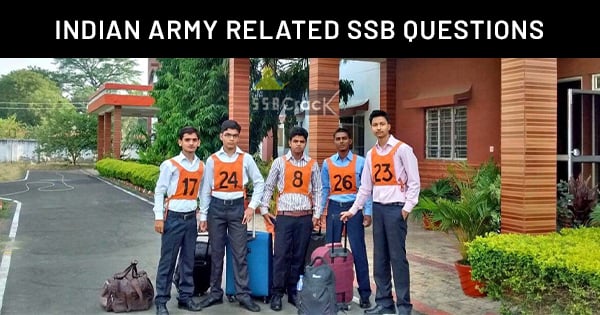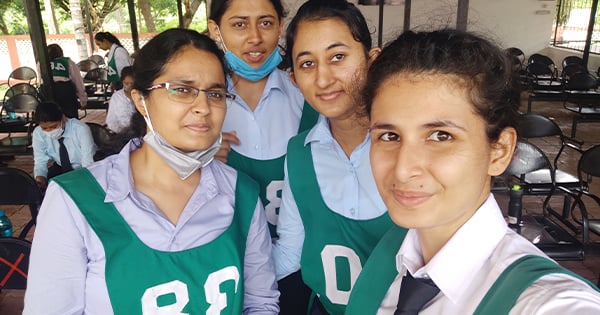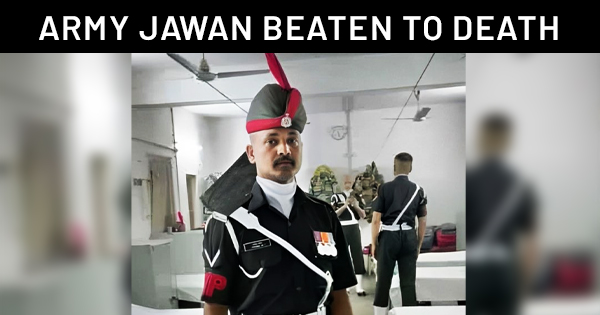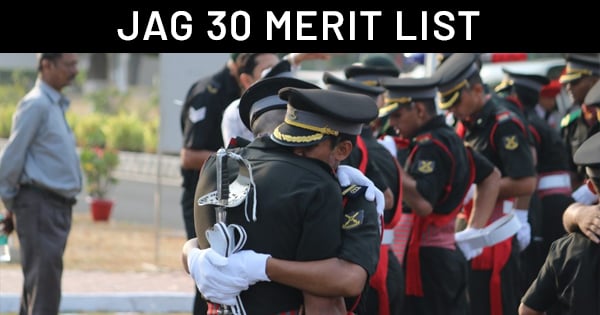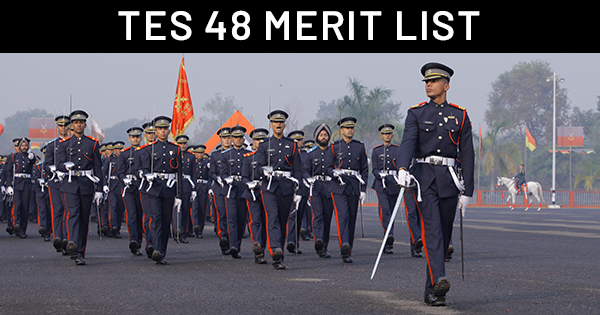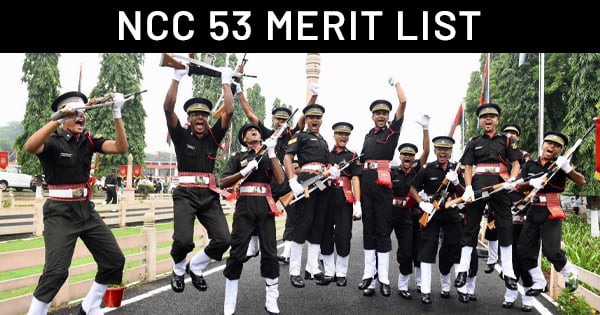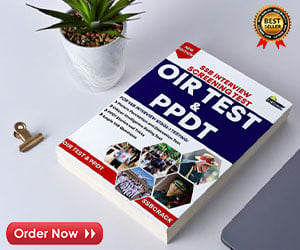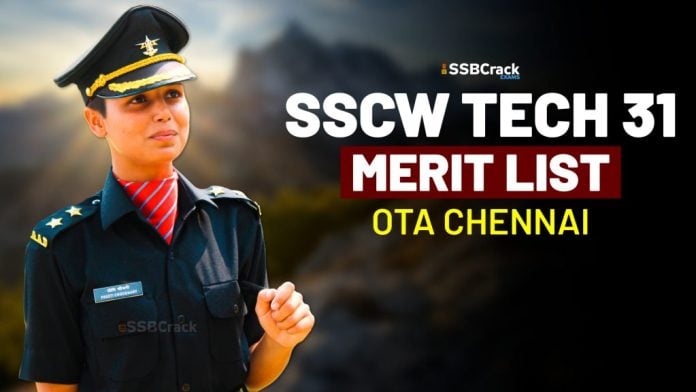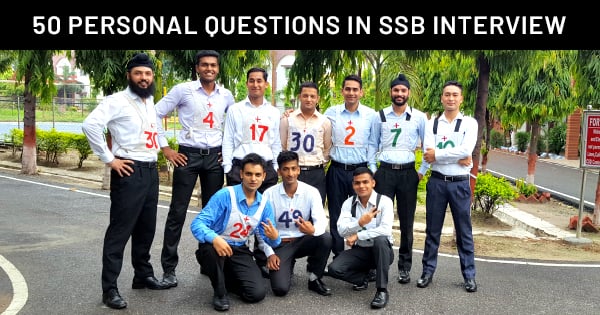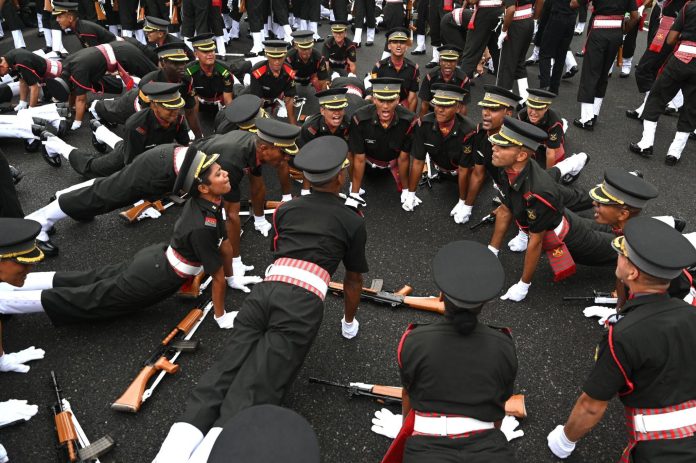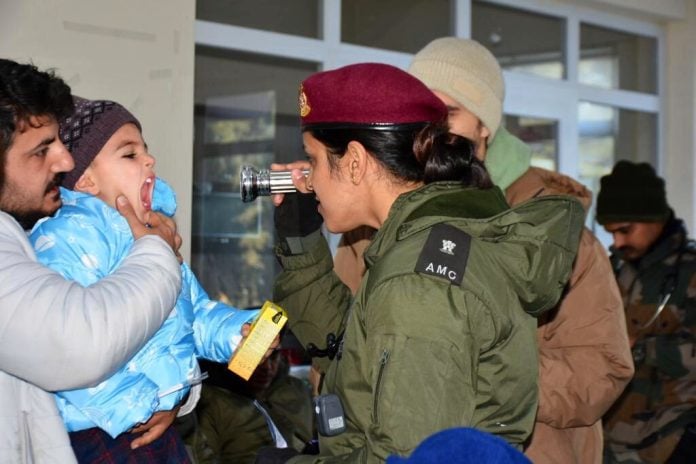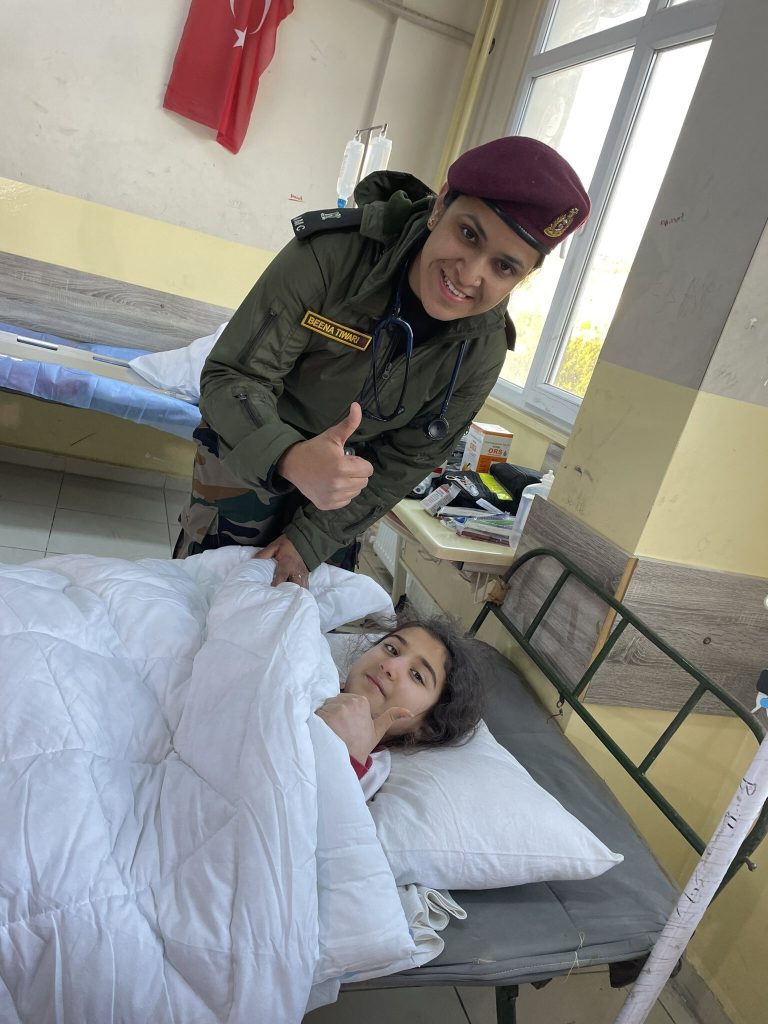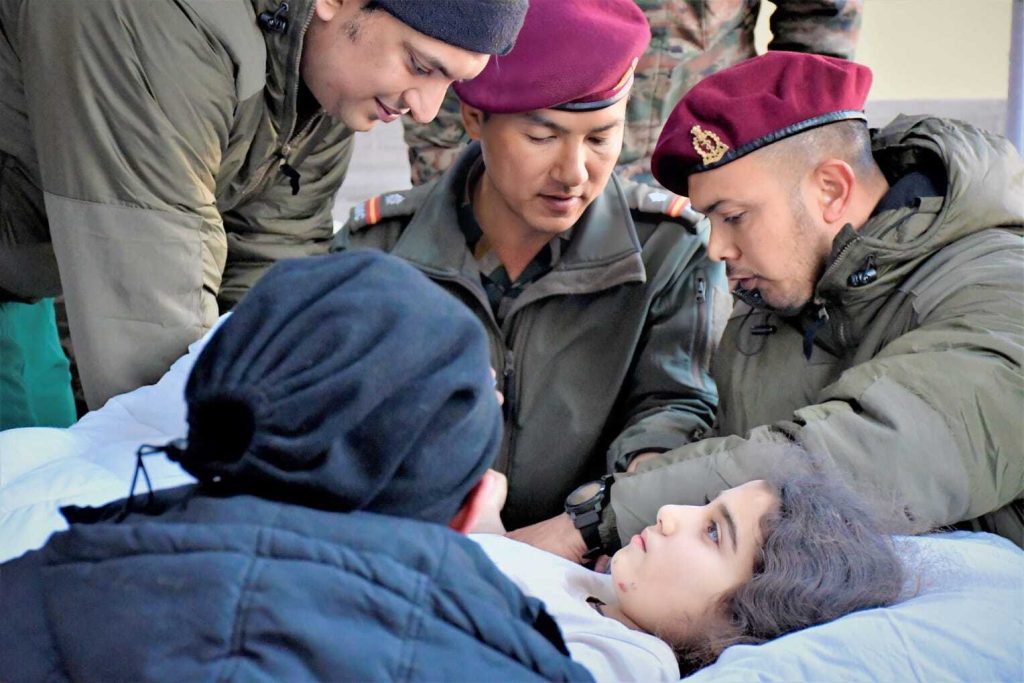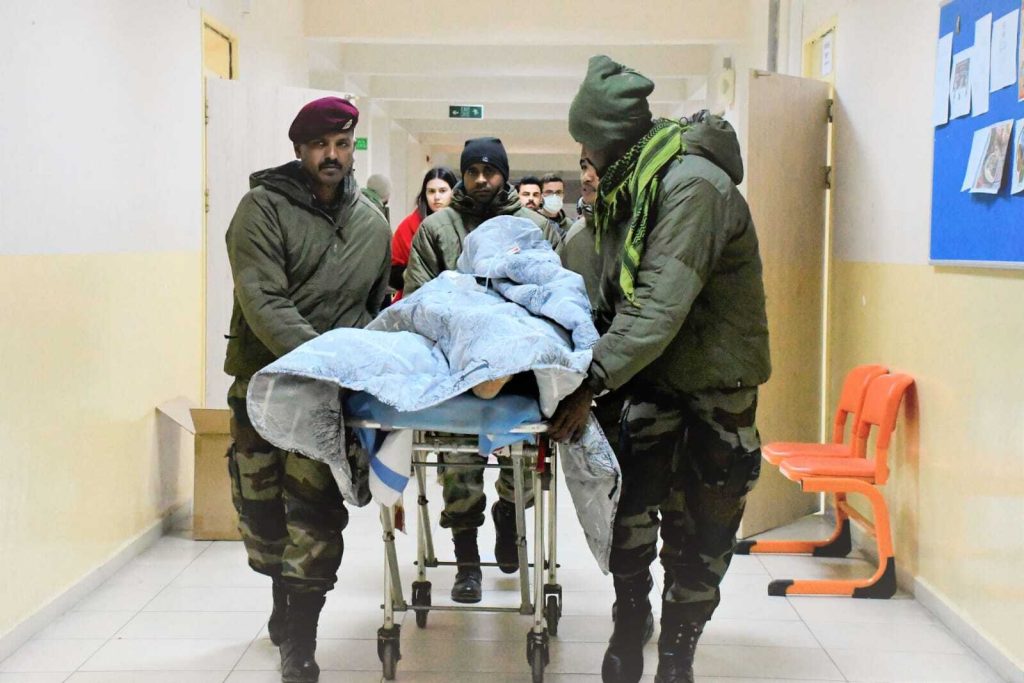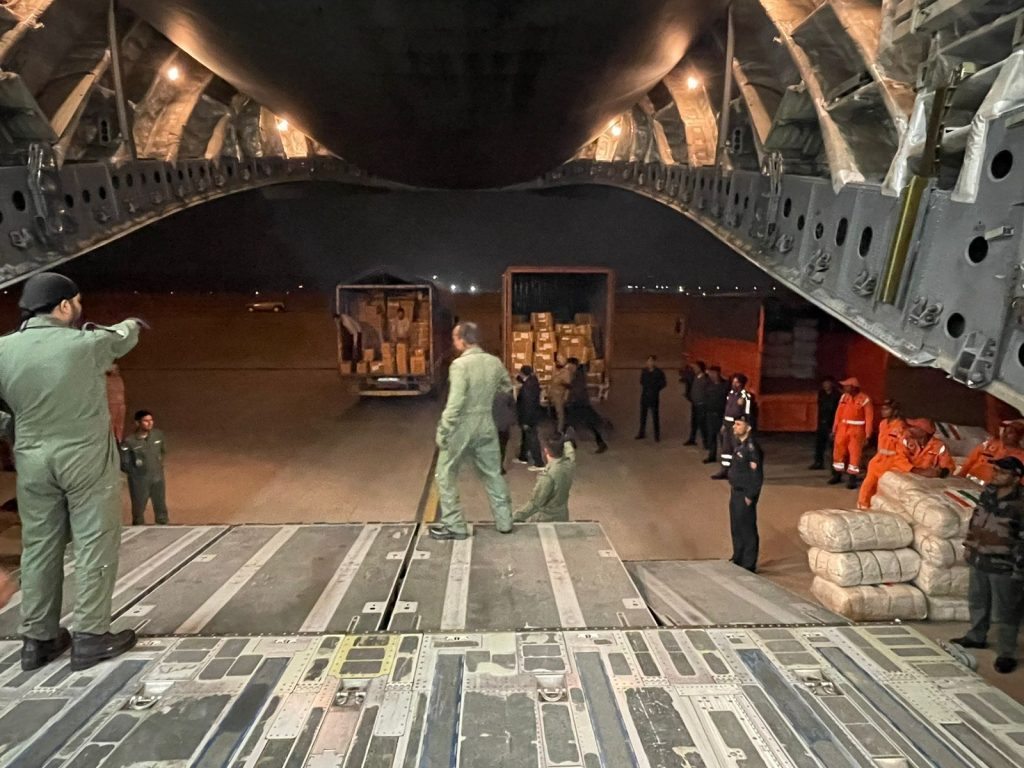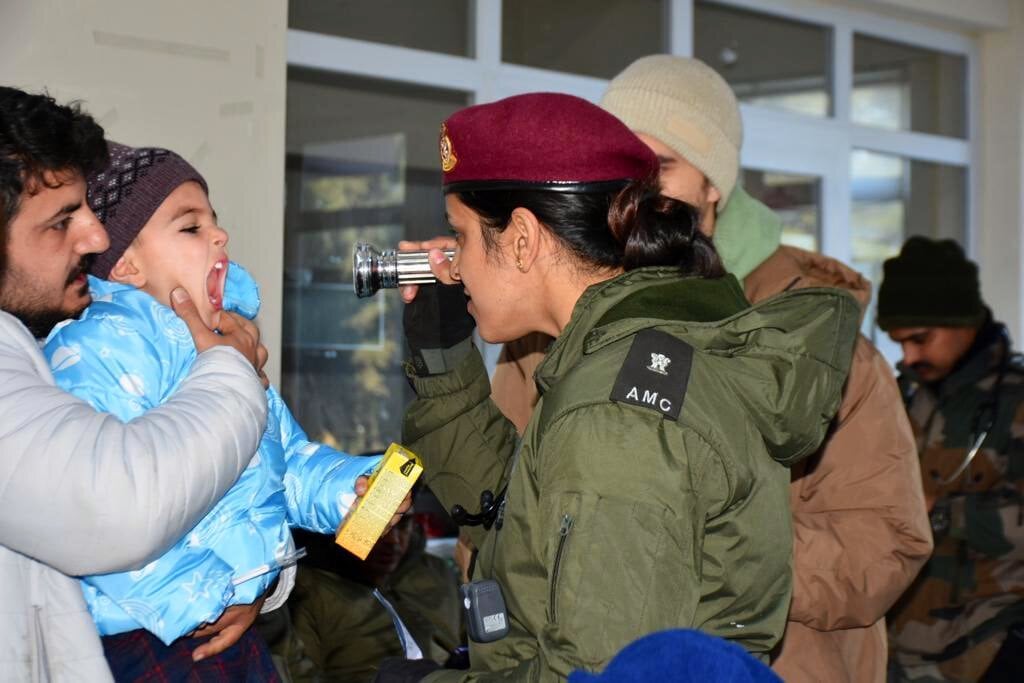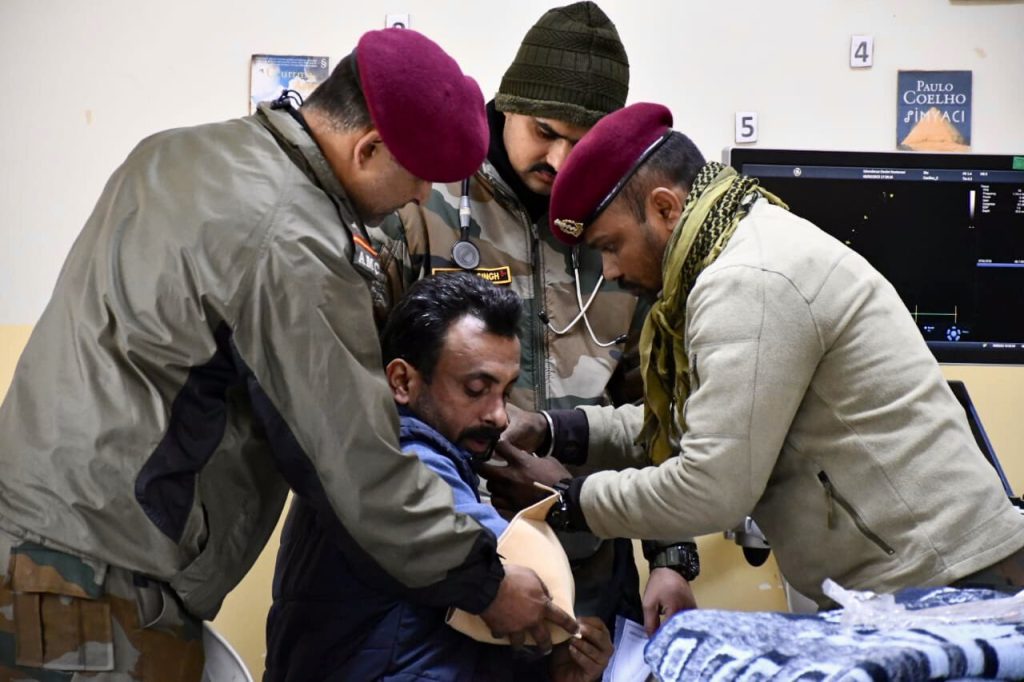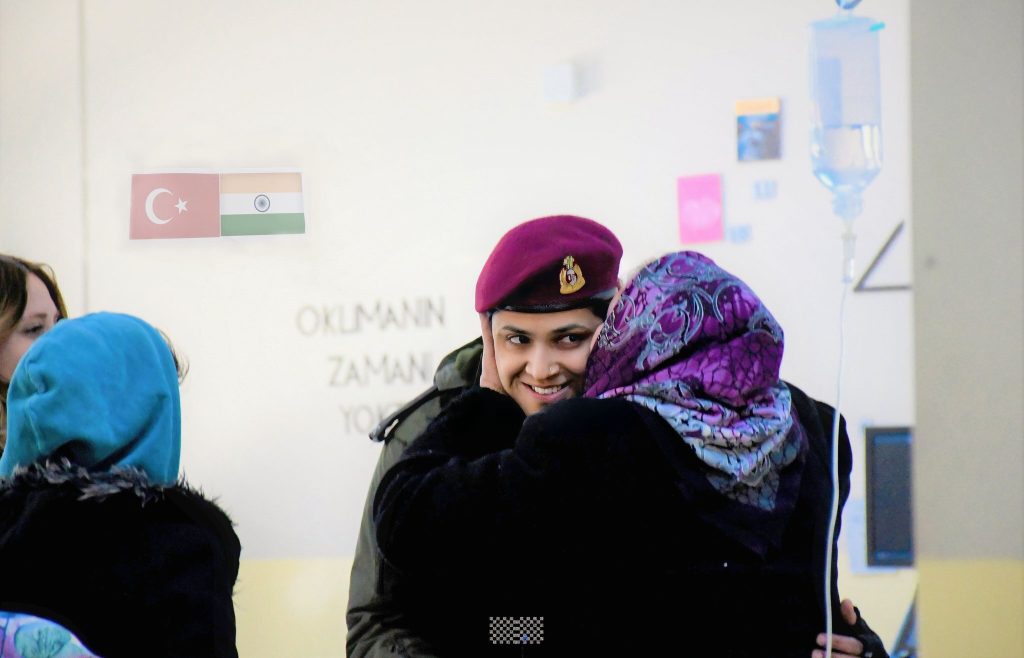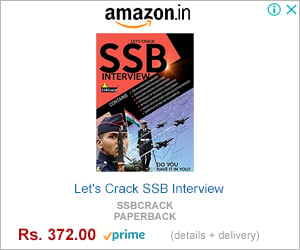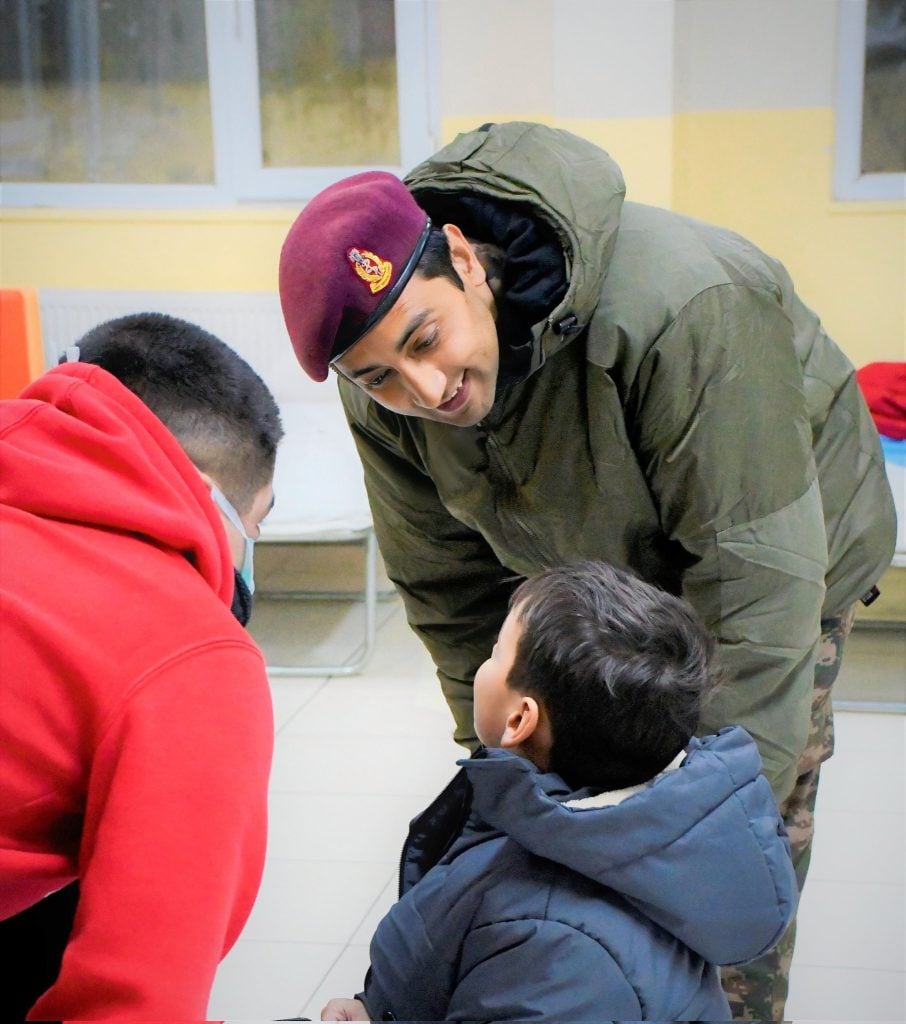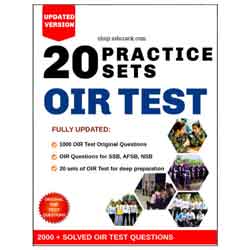It is highly recommended that you have a good understanding of the Indian Army before attending an SSB interview. This will help you to answer questions related to the Army in a more informed and confident manner.
It would be best to start by researching the Indian Army’s history, structure, ranks, equipment, and operations. You should also be familiar with the various services and entry options, such as the National Defence Academy (NDA), Indian Military Academy (IMA), and Officer Training Academy (OTA).
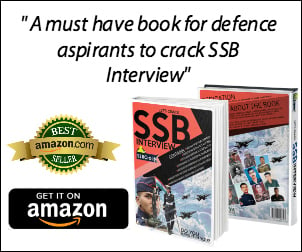
You should also have a basic understanding of the values, ethics, and traditions of the Indian Army, as well as the challenges faced by the Army and how they are addressed.
It is essential to show a genuine interest and passion for the Indian Army and its role in protecting the nation during the SSB interview. This will help you demonstrate your commitment and suitability for the Army as a career.
Here are 30 questions related to the Indian Army that could be asked in an SSB interview:
- What motivated you to join the Indian Army?
- What do you know about the history of the Indian Army?
- What are the different types of commissions that one can receive in the Indian Army?
- Can you describe the organizational structure of the Indian Army?
- What are the primary roles and responsibilities of an Indian Army officer?
- What do you know about the current operations that the Indian Army is involved in?
- Can you discuss a specific instance where the Indian Army showed its courage and bravery?
- How do you keep yourself physically fit and mentally strong for the challenges of the Indian Army?
- How do you think you can contribute to the Indian Army if you are selected?
- What is the difference between leadership and management, and how do these qualities apply to the Indian Army?
- How do you deal with a difficult situation or stress while in the Army?
- What is your understanding of the term ‘morale,’ and how important is it for an Army unit?
- What are the different types of weapons and equipment used by the Indian Army?
- Can you describe the training process that Indian Army officers undergo?
- How does the Indian Army ensure the welfare of its personnel and their families?
- What is your opinion on the role of women in the Indian Army?
- How does the Indian Army maintain its discipline and values?
- What are the qualities that a good Army officer should possess, according to you?
- What are the different ways in which the Indian Army contributes to the development of the nation?
- How do you balance the risks and benefits of serving in the Indian Army?
- What do you know about the Army’s rank structure, and what are the different insignia that signify an officer’s rank?
- How does the Indian Army work with other branches of the military and other security agencies?
- How does the Indian Army use technology in its operations, and what role do you think technology will play in the future of the Indian Army?
- Can you discuss any challenges that the Indian Army faces in the current geopolitical scenario, and how would you address them?
- What do you think are the key leadership challenges faced by Army officers, and how do you plan to overcome them?
- What do you think is the most critical quality an Army officer should possess, and why?
- What are the ethics and values of the Indian Army, and how do you see yourself aligning with them?
- Can you describe any social initiatives taken by the Indian Army to support the community, and how you think you can contribute to them?
- How does the Indian Army foster a culture of innovation, and can you give an example of an innovative idea or project undertaken by the Army?
- How does the Indian Army maintain its operational readiness and what are some of the training exercises that are conducted to prepare for different contingencies?

